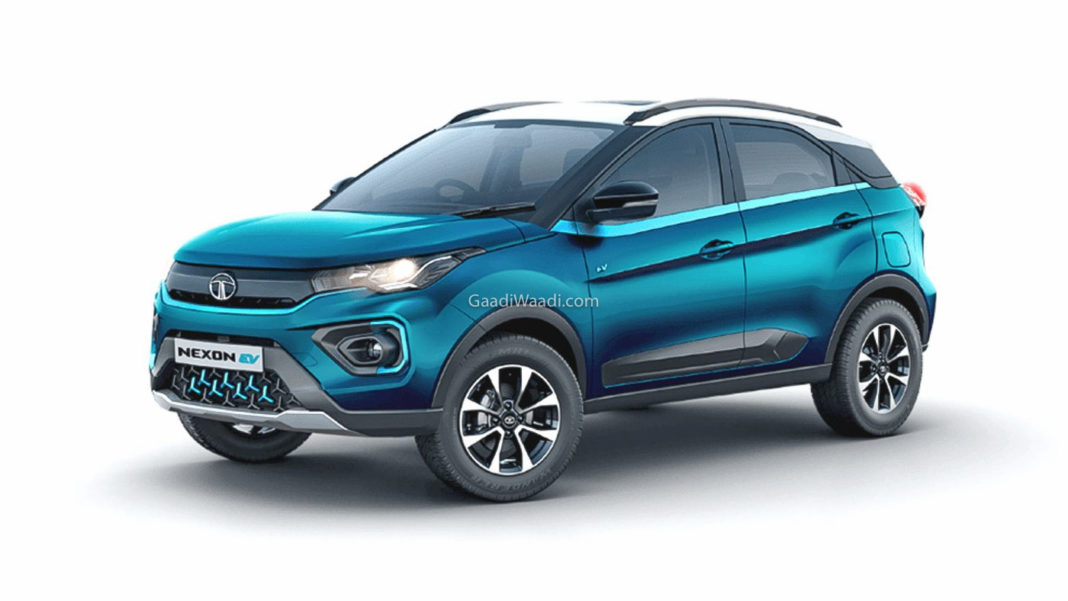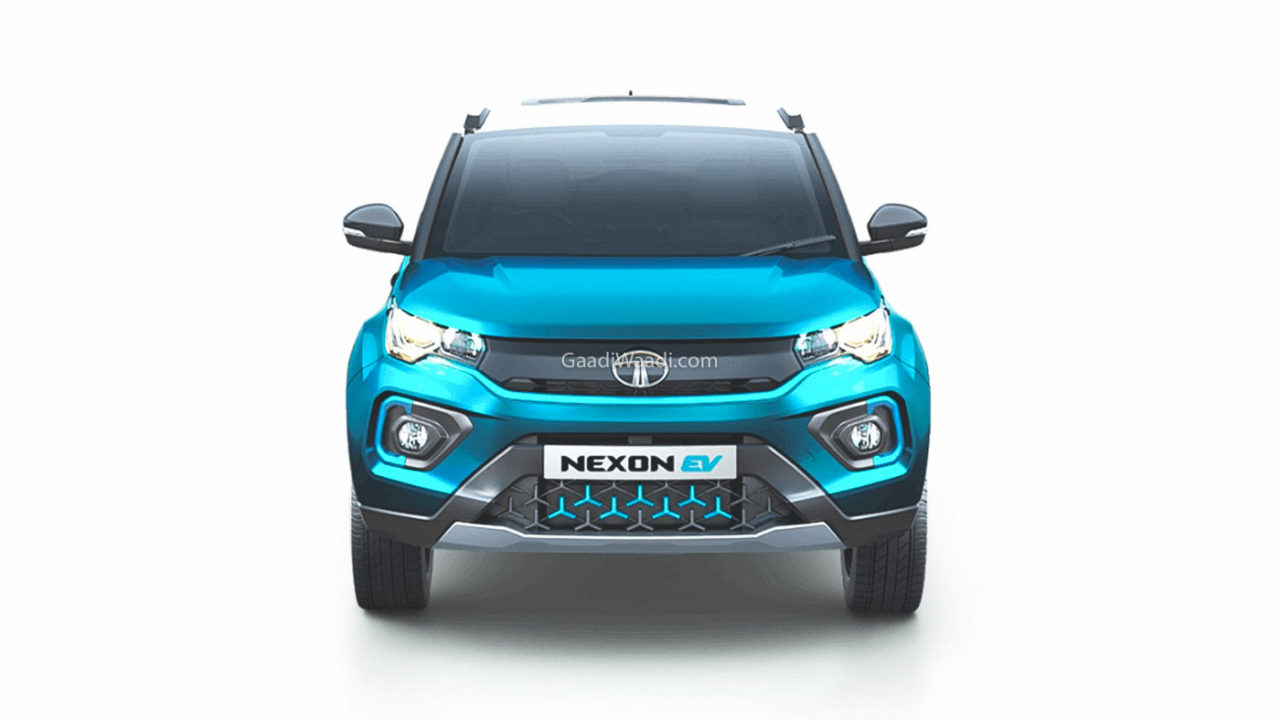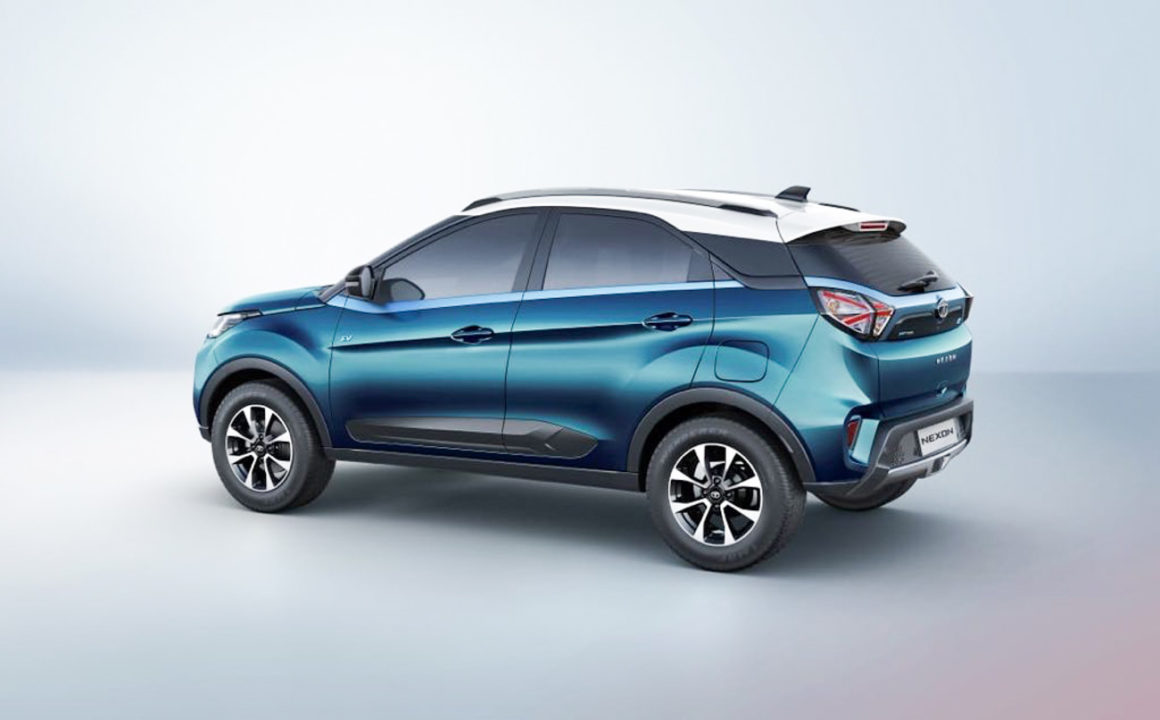
Tata sold 198 units of the Nexon EV last month while MG managed to sell 116 units of ZS EV and the Kona Electric garnered 14 units
The fast adoption of electric vehicles in the domestic market is nothing but impossible but 2020 has shown promising signs of mainstream manufacturers coming up with EVs. Bajaj’s Chetak and TVS’ iQube are glaring representations of how the future would stand, as the evolution in the two-wheeler space would only intensify in the coming years.
While two of India’s two-wheeler giants have managed to position their electric scooters in a competitive manner, the car space is far fetched from getting accessible EVs just yet. However, as most of us are aware, the transition will be gradual and the indications are already there to see. Tata Motors introduced the electric version of its popular Nexon earlier this year at an impressive price tag.
Costing from Rs. 13.99 lakh (ex-showroom), the Nexon EV is not too expensive compared to the range-topping IC-engined version of the compact SUV. In March 2020, Tata sold about 198 units of the Nexon EV, an impressive tally for a zero-emission vehicle while the MG ZS EV managed to garner 116 units and the Hyundai Kona Electric recorded 14 units during the same period.
The Nexon EV does not have a direct rival considering its specifications and price range. The electrified Mahindra XUV300 is expected to arrive only next year giving a clear space for Tata to widen its footprint and Hyundai may as well join the fray. While the ZS EV and Kona Electric are global eco-friendly vehicles, the Nexon EV is manufactured in India and it comes equipped with a 30.2 kWh Li-ion battery pack and a permanent magnet synchronous electric motor.
The Nexon EV is good enough to develop a maximum power output of 129 PS and 245 Nm driving only the front wheels. It is claimed to accelerate from zero to 100 kmph in just 9.9 seconds while the zero to 60 kmph dash is achieved in 4.6 seconds. On a single charge, the electric Nexon can replenish back to full capacity from 20 per cent in eight hours using a 15 A charger.
The fast charger brings down the charging time to just an hour for achieving zero to 80 per cent. We do expect more car brands to compete in the electric vehicle space sooner rather than later. It will help in improving the overall charging infrastructure and giving the confidence to consumers for buying EVs. With increased consumption, the price tags will obviously come down courtesy of high localisation.


